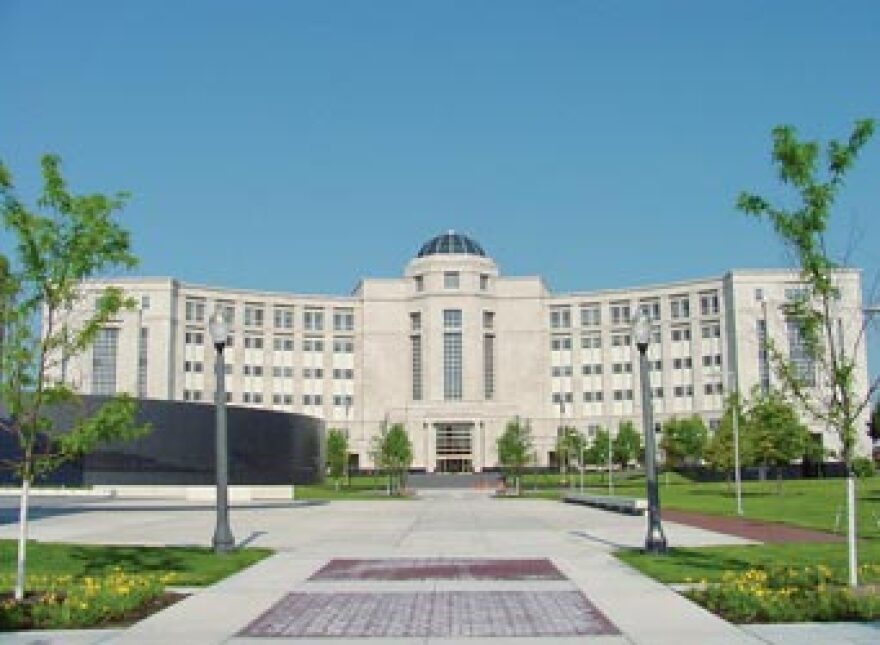This week in Michigan politics, Christina Shockley and political analyst Jack Lessenberry discuss how Michiganders were affected by the 16-day partial government shutdown, a federal judge's delay on a decision over same-sex marriage in Michigan, and how the U.S. Supreme Court is looking at a Michigan affirmative action case.
Michiganders avoid long term impact of shutdown
Federal employees are heading back to work and a U.S. government default has been averted.
President Obama signed legislation after Congress passed a bill to allow the Treasury to borrow normally through at least Feb. 7 and fund the government through Jan. 15.
Federal workers will also be paid for the time they were furloughed.
Lessenberry says Michiganders narrowly averted any long term damage. What was felt was a lack of access to National Parks, and people might have “taken a beating in the stock market because it was sort of a roller coaster while [the shutdown] was going on.” (However, all major market indexes are up from where they were at the start of the shutdown - ed.)
Federal judge delays decision on same-sex marriage
A federal judge declined to uphold or strike down a challenge to Michigan’s same sex-marriage ban yesterday.
The challenge was brought by a lesbian couple in Oakland County that wants to jointly adopt the kids they’re raising together.
The judge delayed the decision in order to get more evidence. The judge has ordered a trial date in February.
Lessenberry says this decision was unexpected.
“Had the judge, as expected, overturned Michigan’s constitutional amendment outlawing same sex marriage and overturned Michigan’s adoption code, Attorney General Bill Schuette would have immediately asked for his ruling to be held up until appellate courts could rule,” Lessenberry says. “So [same-sex marriage] would have probably been legal for only 24 hours.”
U.S. Supreme Court returns to Michigan’s affirmative action ban
The US Supreme Court has returned to a 2006 referendum in Michigan that prohibits race or gender from being a deciding factor in university admission decisions.
Lessenberry discusses the history of the case.
“Ten years ago the US Supreme Court partially upheld the University [of Michigan’s] use of affirmative action in law school admissions,” Lessenberry says. “ There’s a woman who’s become famous, named Jennifer Gratz, who was upset because she was not admitted to the U of M when she said some minorities with lower GPAs than hers were admitted, and she’s been leading the charge with a number of other people and so voters outlawed this in 2006.”
Lessenberry says the challengers to the case question why then it is equitable at the University of Michigan to give special preference to the children of alumni.
Some say the affirmative action debate should be decided by the Board of Regents of the University of Michigan.
“Most court watchers think that the courts are actually likely to uphold Michigan’s affirmative action ban saying that this is something that should be left to the states,” Lessenberry says.







